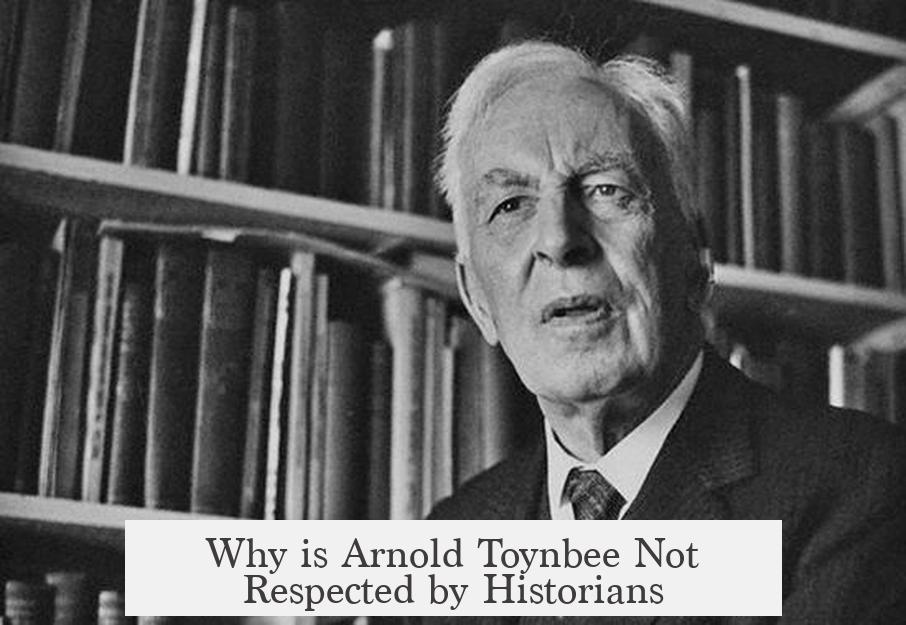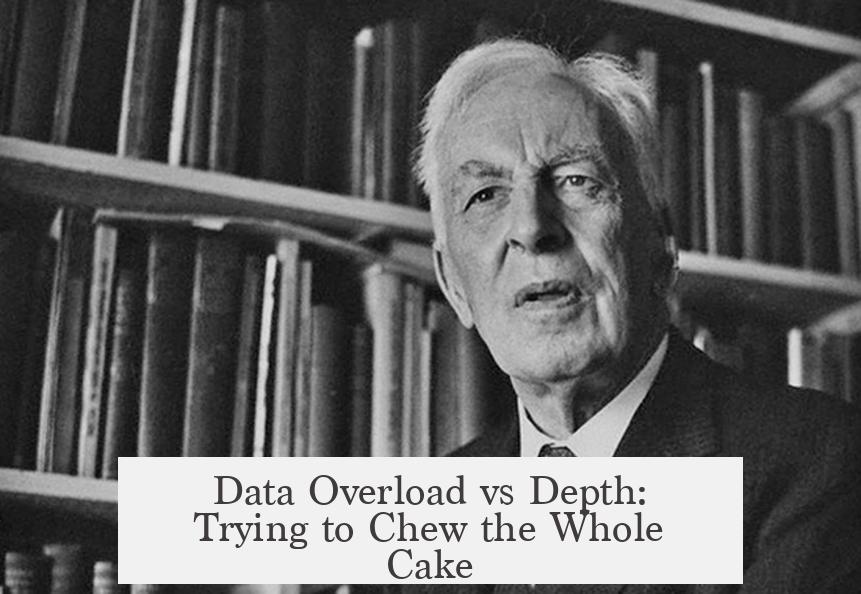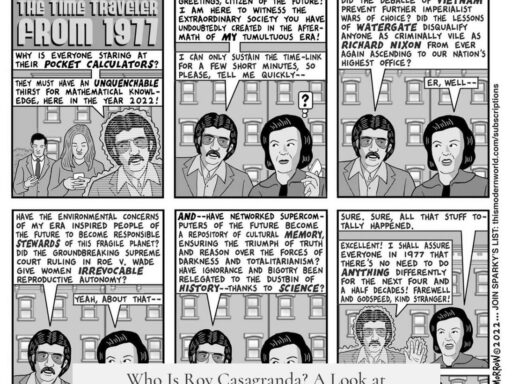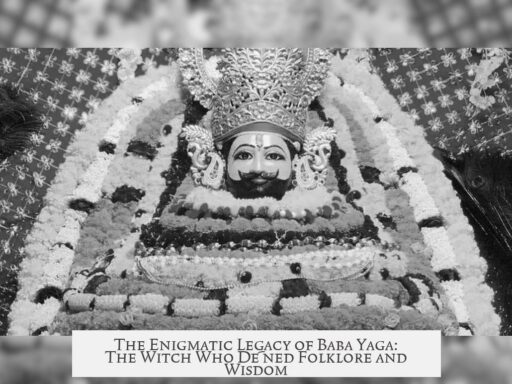Arnold Toynbee is not respected by many historians due to his lack of subject-matter expertise, overgeneralizations, problematic definitions, inability to handle comprehensive data, and an outdated historiographical style. These factors combine to undermine the credibility and relevance of his work in modern historical scholarship.
Toynbee’s background was in classics, not in specialized fields like Arabic studies or other non-Western cultures. This gap weakened his analyses of civilizations such as the Arabic one, which he described without mastery of their languages or nuanced cultural understanding. Historians criticize this as a fundamental flaw, making his claims less reliable.
He often overgeneralized historical processes, assuming that repeated patterns, such as the rise and fall of civilizations, apply universally. This leads to simplistic cause-effect logic. For example, if some civilizations fell after certain events, Toynbee concluded all civilizations must follow this pattern. Such deterministic views ignore unique historical contexts and complexities.
Toynbee’s categorizations of civilizations also draw criticism. His definitions lack clarity and often force diverse societies into fixed categories. His approach ignores differences between, say, ancient Persia and ancient Rome or between events separated by centuries. This oversimplification forces a narrative that fits his theory but distorts reality.
His ambition to cover the entire span of human civilizations overwhelmed his ability to acquire and analyze detailed data. Toynbee attempted to synthesize vast, disjointed knowledge but lacked the necessary mastery to handle these complexities reliably. This breadth without depth results in superficial insights and strained interpretations.
The style of Toynbee’s historiography, typical of his era, involves grand, sweeping statements about broad historical patterns combined with moral judgments. Modern historians view this style as outdated and insufficiently critical. They prefer rigorous, specialized analyses over grand narratives with predictive ambitions.
- Lack of expertise in many cultures, especially non-Western ones.
- Overgeneralized cause-effect history undermines uniqueness.
- Vague definitions force diverse civilizations into rigid categories.
- Insufficient mastery of vast data leads to shallow conclusions.
- Outdated grand narrative and moralizing style seen as less rigorous.
Why is Arnold Toynbee Not Respected by Historians?

Arnold Toynbee is often not respected by historians due to his lack of subject-matter expertise, overgeneralization of historical patterns, problematic definitions of civilizations, inability to manage comprehensive data, and an outdated grand narrative style. Let’s unpack why this classicist, famed for his sweeping work on civilizations, draws skepticism today.
You might wonder, “Why should I care about a man who wrote a colossal book over sixty years ago, yet couldn’t even read Arabic yet claimed to understand Arabic civilization?” This skepticism hits one of the core issues right on the nose: Toynbee was a classicist. His training focused on ancient Greek and Roman texts, not languages or cultures such as Arabic, Indian, or Chinese. In effect, Toynbee often wrote about civilizations he couldn’t deeply access in their original sources.
This limitation matters. To grasp a civilization’s soul, a historian needs fluency in its languages and cultures. Toynbee lacked this, creating a patchwork view sometimes based more on Western interpretations than native realities. Think of it as trying to understand French culture by only reading British travel guides—interesting but limited and prone to errors.
Oversimplified Patterns: The History-Magic Trick
Toynbee’s major fame rests on his idea that civilizations follow a cycle: rise, fall, repeat. Sounds neat and tidy, right? But therein lies the trouble. Toynbee falls into the propter hoc ergo post hoc fallacy—assuming that because something happened once, it will inevitably happen again.
In practical terms, he would spot a pattern—like civilizations collapsing after flourishing—and declare it a universal rule. Such oversimplification ignores the wildly varied paths societies take due to geography, technology, leaders, or chance.
For example, ancient Rome’s fall involved specific political chaos and invasions. But compare that with Japan’s trajectory, which doesn’t follow the same script at all. Toynbee’s bold but broad brushstroke painted all civilizations with the same predictable cycle, erasing nuances that matter.
Vague Civilizations: Too Squishy to Hold
One of the hardest questions in history is “What exactly defines a civilization?” Toynbee answers in a way that tries to squeeze different societies into tidy boxes. But civilizations are messy. Ancient Persia in 462 AD and Europe in 1914 hardly have much in common beyond that they were complex societies.
His flexible definitions forced many diverse communities, some very unlike each other, into his predetermined framework to support his narrative. This selective categorization resembles trying to fit round pegs into square holes; in the end, some pegs just don’t fit well.
Data Overload vs Depth: Trying to Chew the Whole Cake

The scale of Toynbee’s work is staggering. Imagine trying to write a detailed story about the rise and fall of 26 civilizations spanning thousands of years and continents. That’s a feast of data few can digest fully.
Toynbee could not master all necessary languages, sources, and contexts. As a result, much of his interpretation stays superficial. He patched together broad strokes with limited detailed evidence, which modern historians find shallow and sometimes forced. It’s like trying to assemble a puzzle without all the pieces—one can guess the picture but might be way off.
Old-School History: Grand Narratives and Moralizing
Toynbee’s style shows its age. He belongs to a time when historians felt the need to sweep across millennia and make bold predictions about future civilizations. This grand narrative, often peppered with moral lessons about right and wrong, appeals less to today’s scholars who prefer evidence-driven, nuanced accounts.
Modern historians avoid stepping into their stories to cast moral judgments directly. Toynbee’s habit of lecturing readers on the virtues or vices of peoples feels outdated and lacking in scholarly objectivity.
Should We Dismiss Toynbee Entirely?
Let’s not throw the baby out with the bathwater. Toynbee’s work ignited interest in studying civilizations on a grand scale. His effort to compare multiple cultures was ambitious and ambitious. However, his shortcomings are a cautionary tale about how breadth can compromise depth.
If you aim to understand history better, learning from Toynbee means appreciating the importance of specialization and contextual nuance. It also warns about the seductive trap of simple patterns in complex human stories.
How Can Modern Readers Approach Toynbee?
- Read critically. Recognize Toynbee’s strengths as a broad synthesizer, and his weaknesses in deep cultural understanding.
- Keep a skeptical eye. Don’t accept his civilization cycles as laws. Consider alternative explanations and counterexamples.
- Supplement with specialists. Pair Toynbee’s broad take with studies by historians fluent in the specific languages and cultures.
- Appreciate the evolution of historiography. Notice how history writing has changed to embrace complexity and resist grand generalizations.
So, why is Arnold Toynbee not respected by many historians? Because his work sacrifices depth for breadth, clarity for sweeping generalizations, and rigor for moralizing narratives. But his legacy serves as a vital lesson on the limits of one-size-fits-all history. History is not a simple recipe; it’s a complex banquet best savored bite by intricate bite.
Why do historians criticize Toynbee’s expertise on civilizations like the Arabic world?
Toynbee lacked deep linguistic and cultural knowledge of many civilizations, such as Arabic civilization. This limited his ability to accurately describe or analyze these societies.
How did Toynbee’s use of patterns weaken his historical analysis?
He often assumed that past events predict the future, applying simple cause-effect rules to all civilizations. This ignored unique historical details and complexity.
What problems arise from Toynbee’s definitions of civilization?
His definitions were vague and flexible, grouping very different societies into rigid categories. This overlooked the diversity and distinctiveness of each culture.
Why is Toynbee’s data handling criticized?
The wide scope of his work required expertise across many fields. He could not command all needed data, which led to shallow or forced interpretations.
In what way is Toynbee’s historiographical style seen as outdated?
He used grand, predictive narratives and moral judgments common in earlier periods. Modern historians find this style less rigorous and too simplistic.



